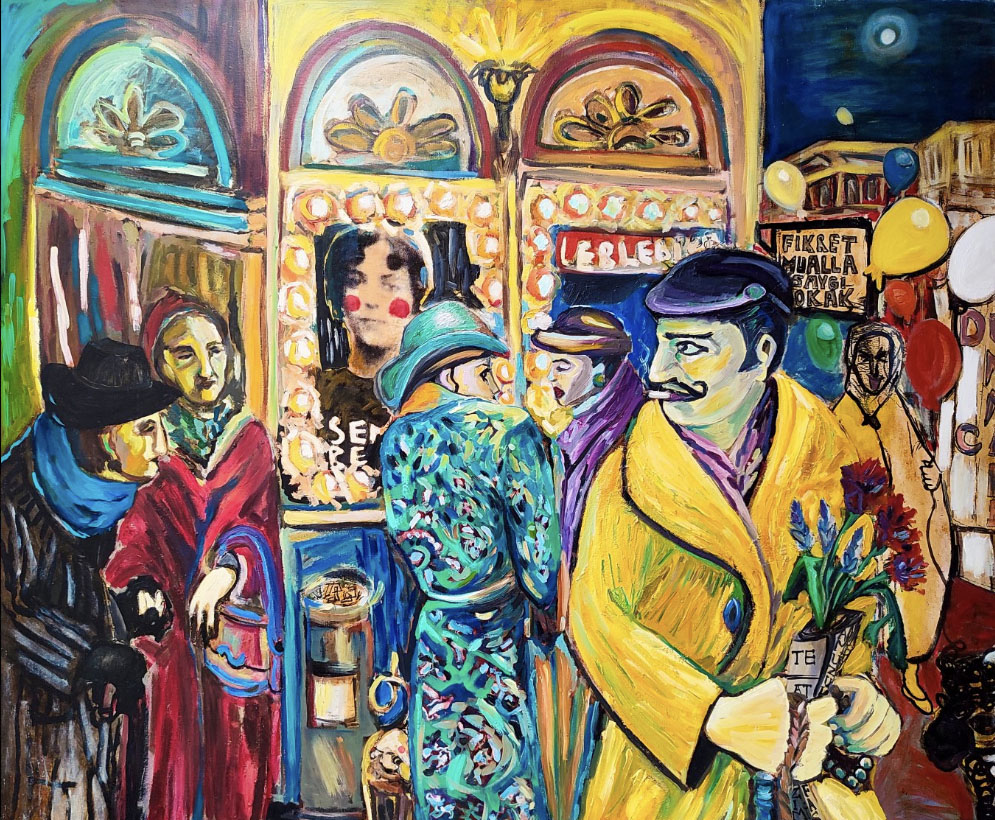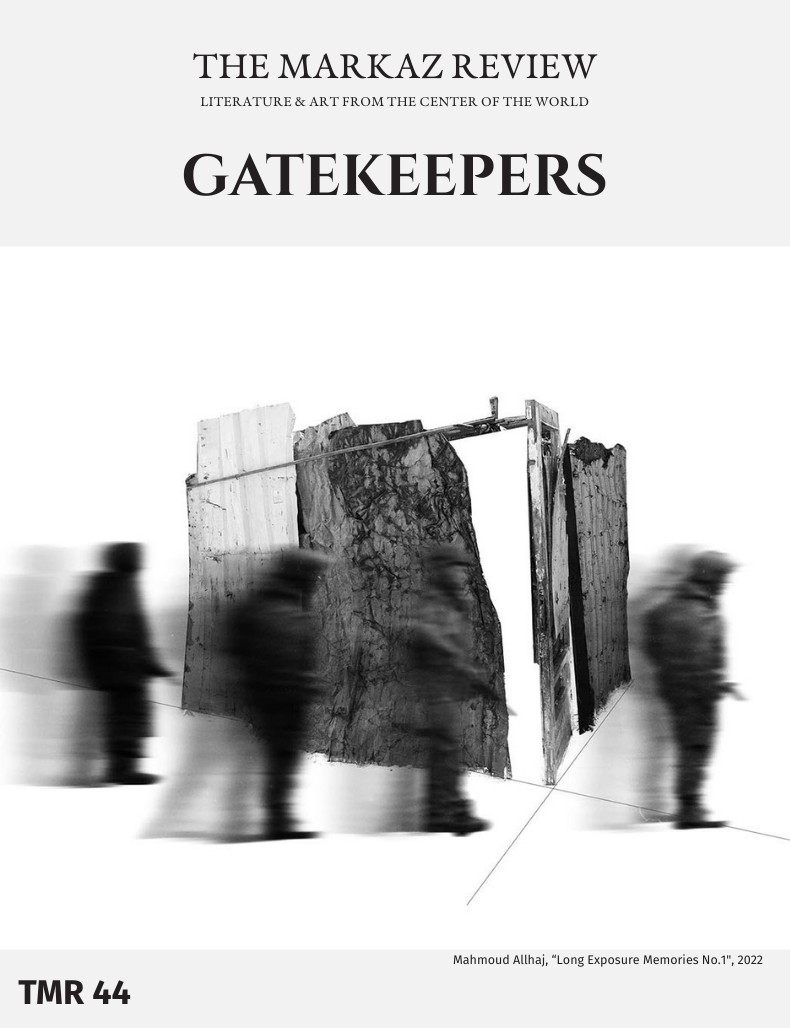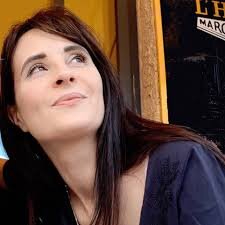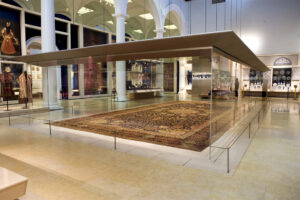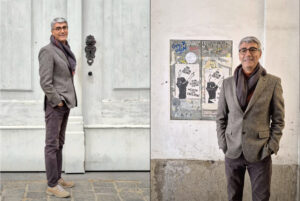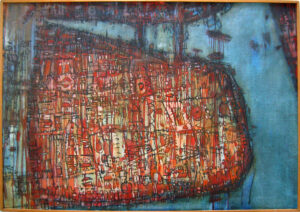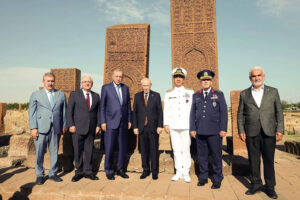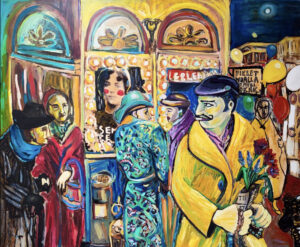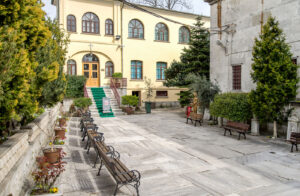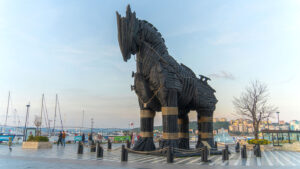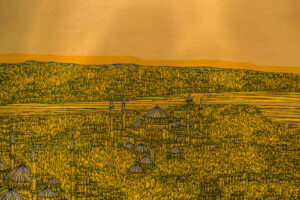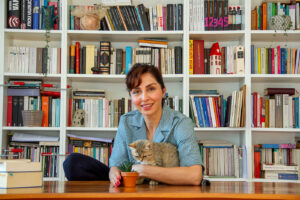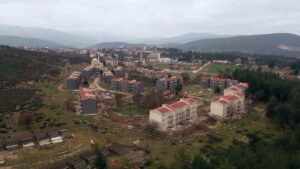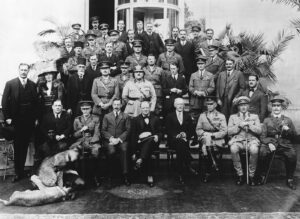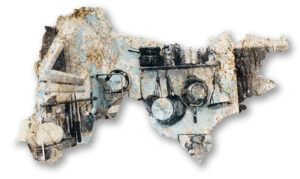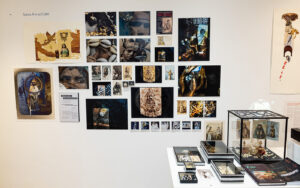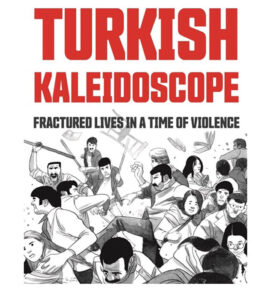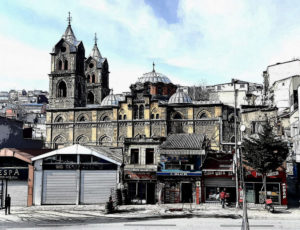Agents, publishers and editors often have peculiar ideas about what constitutes Middle East fiction — looking for political strife, spies and warfare, they can become easily confused when those tropes are missing...
I believe in readers. Canadian and American men in their sixties and seventies have told me that they were amazed by my ability to write from the perspective of a man of their age. A reader in India wrote that he fully identified with Kosmas, the Rum (i.e., Istanbul Greek) pastry chef in my novel A Recipe for Daphne. A Thessalonikan Greek reader of my novel Στα Πόδια της Αιώνιας Άνοιξης/At the Foot of Eternal Spring wrote that the book accompanied her like a friend during difficult times. And Turks, whom some might see as the “others” in my fiction (although I certainly do not), are often the readers who identify most with my Rum characters. One Istanbullu said that my first novel took him on a journey into his own family history. Another Turkish woman wrote that reading the book was like “hugging your grandma.”
Most of these readers would never have guessed how much I struggled to get both novels published, and how I continue to struggle to promote them. JK Rowling’s famous rejection number (twelve) is ridiculously small compared to mine (too embarrassing to reveal). A New York editor whom I had admired for years rejected my first novel, saying that she was “not moved by the plight of Istanbul’s Rums.” Another editor asked, “Could you add some bombs to it so that it would correspond with American ideas about Istanbul?” My former agent was not able to sell the book to any American or British houses, so we parted ways. I subsequently made an author submission — the riskiest kind — to Hoopoe, an imprint at the American University in Cairo Press. Within just a month, Egyptian editor Nadine El-Hadi, dedicated to publishing Middle Eastern fiction, accepted it.
The novel was published as A Recipe for Daphne. It received a stellar review in The Washington Post, a Runciman Award shortlisting, and an inclusion by Elif Shafak in her Istanbul book list for The New York Times. I was solicited for interviews in Europe, but I often found my perspective unwelcome. Print journalists said “thank you” after ten minutes, whereas radio and television journalists later gave the standard excuse for their station’s choice not to use the interview: the sound had been bad. Apparently, I was expected to perform as a community representative and produce quotes for easy insertion into journalistic pieces prewritten in Athens, Paris or New York. I wasn’t allowed just to be a writer with her own ideas.
I switched to writing in Istanbul Greek. I had wanted to write in my city’s local idiom all along, but I rightly feared that it would not be accepted in Athens unless I made a name for myself first in English. Still, I continued to face road blocks. “No one will ever publish a book in Istanbul idiom,” said one publisher. “We are not interested in dialect,” wrote another. I had so many doors closed in my face that, if I’d been a pagan, I would have considered leaving offerings of keys to Janus, the gatekeeper god par excellence, or perhaps laurel wreaths for his wife Cardea, goddess of the hinge. As a bilingual writer living on the very edge of Asia, just a ten-minute boat ride across from Europe, the concepts behind both of these Roman deities appeal to me. Janus has two faces that look in opposite directions, as we all do in Istanbul. Cardea opens and closes, just as I go in and out of languages (not just Greek and English, the two in which I mainly write, but also adding from my other four). This hinging allows fresh air into my words and fictional spaces.
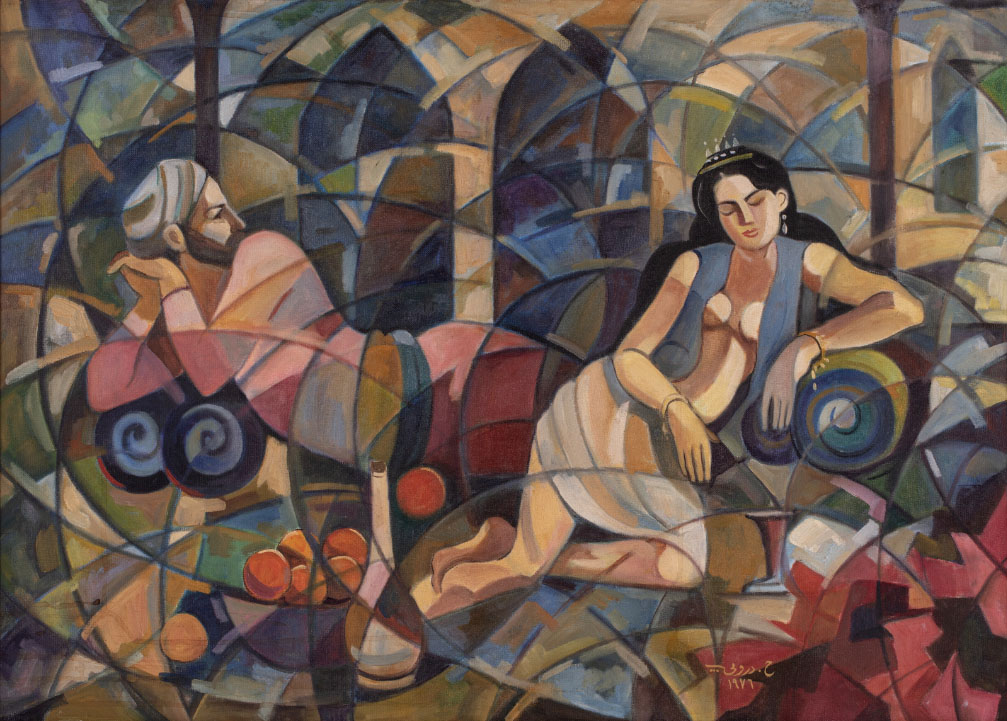
But as much as my multilingual, cosmopolitan status brings me closer to readers everywhere, it also puts off publishers and agents, who want Middle Eastern writers to fit into a neat box tied with a bow of “what we already think of the region.” American and British publishers expect something violent and risky, while Athenian publishers want orientalism, nostalgia, and melodrama written in Central Greek. None of them seem to care for humor, especially if it comes from the “turbulent” Middle East. And yet humor is a way of life in the region, a form of self-therapy and a foundational principle of storytelling. It is not only a hug from grandma, but the way that grandma herself speaks. It is the narrative form of bus drivers, waiters, bakers, priests, and imams. Laughter is the way we bring light to darkness. As Afghan writer Qais Akbar Omar said in a recent panel discussion for The Markaz Review, “humor plays a huge role in our lives…you have to make fun of your tragedy in order to survive and move on.”
Another departure from narrative styles currently in vogue in the West is the philosophical aspect of Middle Eastern literature, which can conflict with the mantra “show-don’t-tell.” Musings about the fundamental and practical questions of life were not a problem in my Greek-language novel At the Foot of Eternal Spring, because Greeks, like Arabs and Turks, love ideas, and Greek readers have been enthusiastic about the saucy advice and kitchen philosophy of my narrator, Athená Arzuhaltzí. English-language publishers, however, often see things differently. A major British publisher told writer Rana Haddad that her satirical novel The Unexpected Love Objects of Dunya Noor (before it too was published by AUC Press) was good, but she needed “to get rid of the humor and the ideas and let readers make their own conclusions.” Yet the Arabic word for literature is adabīyāt/ أدبيّات (Turkish: edebiyat) from adab, meaning spiritual courtesy, manners, and culture. Figuratively, this means that the purpose of literature is moral expansion. The removal of ideas would therefore be a betrayal of literature’s source.
To this day I continue encountering hurdles in Greece, where one’s connections have always been more important than the quality of one’s work. But I don’t give up. I create my own literary garden, which includes historians, linguistic professors, musicians, librarians, poets, journalists, and other writers. One of my most important allies and, in fact, my literary home, has been The Markaz Review. This is not an advertisement for the publication in which this essay appears, but an expression of appreciation for the one place where I know that all I need to do is write well and the rest will follow. TMR editors welcome minorities, differing political views, humor, ideas, and dialects. They don’t stuff me into a box, and they even allow me to talk about Jewish experience, which, since the Gaza War began, has become an inconvenient topic everywhere.
The gatekeepers who have so often stood in my way have undoubtedly made me work harder. Few things are more detrimental to one’s writing than being published and lauded before one is truly ready for it; when this happens, writers usually keep producing at the beginner level that worked the first time. I also appreciate that publishers have to make complex choices under circumstances that are often out of their control. But what would have happened if I hadn’t found AUC Press or if Papadopoulos, my Greek publisher, hadn’t found me? Two Middle Eastern novels would have remained in a drawer because of a mistaken belief that readers only want to read sad stories about the region.
Janus is not only a gatekeeper and the guardian of transitions and progress, but also the intervening deity between barbarism and civilization, the spirit who can push things in one direction or the other. When we insist on only one approach to writing, we take a reductive step towards barbarism. Only by recognizing that different cultures have all sorts of stories, all sorts of ways of telling them, and different languages in which to do so, can we expand civilization. I am grateful for the publishing gatekeepers, but most of all I am grateful to readers, the true supporters of world literature, who continue letting me know that gatekeepers can be wrong.



